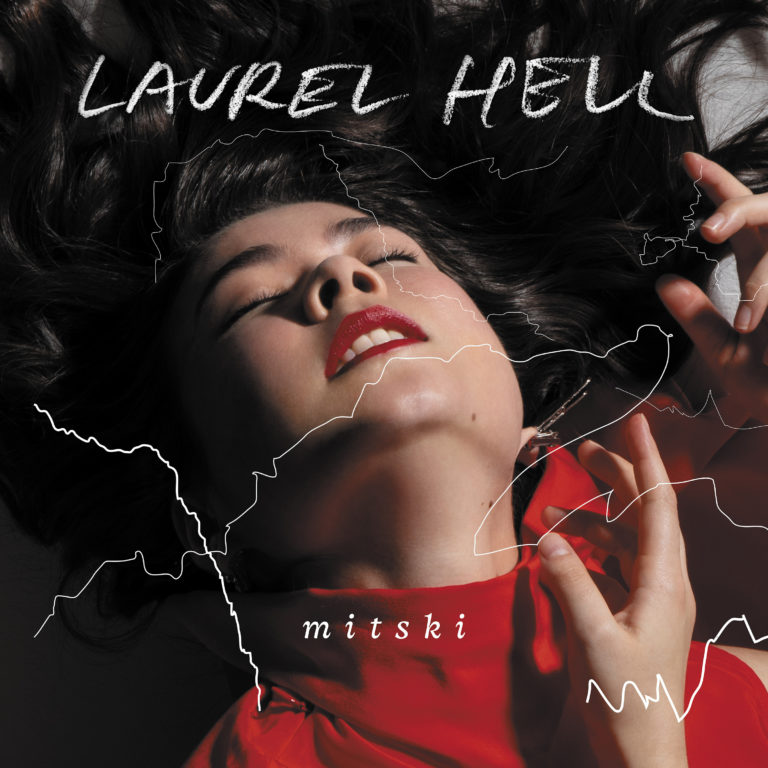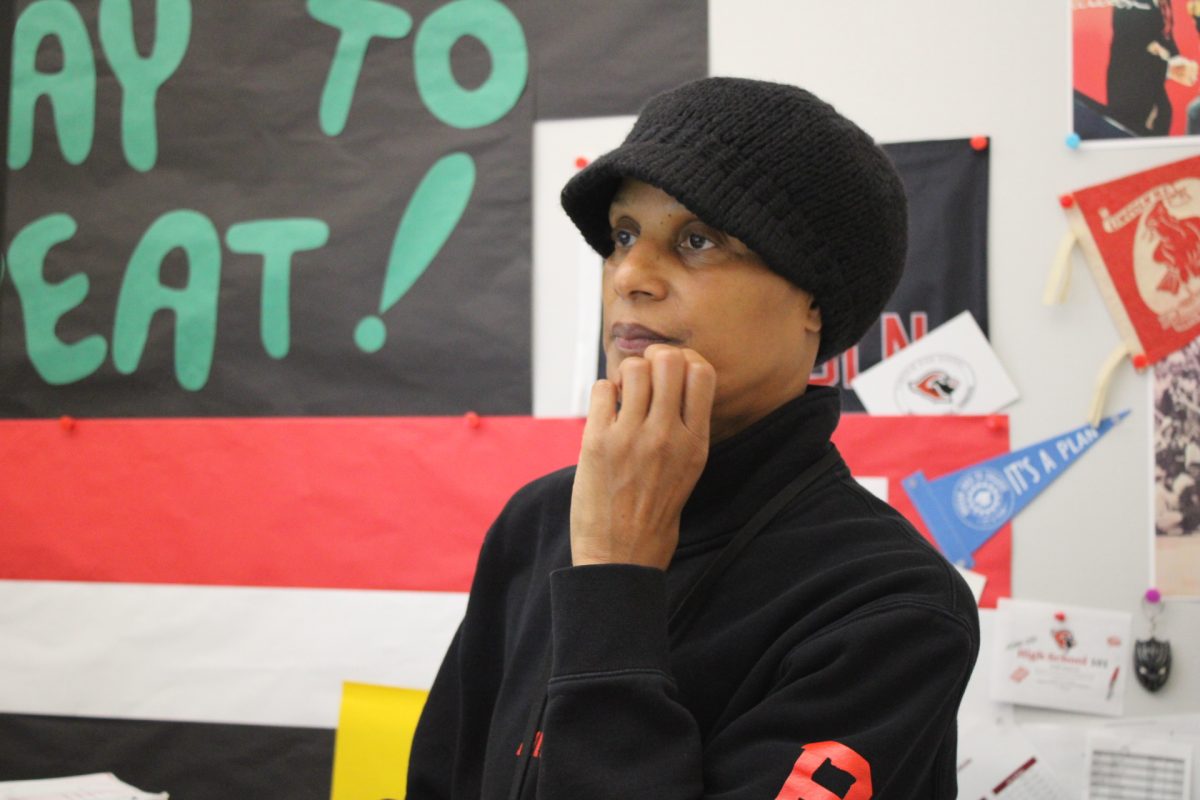Album Review: “Laurel Hell” by Mitski
Photo courtesy of Dead Oceans records.
Mitski returns with her sixth studio album, “Laurel Hell,” after a four year hiatus.
March 10, 2022
In October of 2021, singer-songwriter Mitski released her long awaited single “Working for the Knife,” her first new release since her album “Be the Cowboy” in 2018. In November of 2021, she released “The Only Heartbreaker.” These two songs served as an announcement for her sixth studio album, released Feb. 4 2022, titled “Laurel Hell.”
“Working for the Knife” was the perfect set up for the overall feeling of the album, a mixture of creative exuberance and professional burnout. The overarching message of the song is that, while Mitski yearns to create music, the job of being a songwriter has taken both the art and personal pleasure out of it. The song is an obvious ode to the fact that “Laurel Hell” was created, in part, because of Mitski’s contract with her record label, Dead Oceans, which dictated that the singer had to churn out another album. Despite being frustrated with her contractual obligations, Mitski delivers an album that has been crafted with the same care and precision as each one before it.
Like many of Mitski’s albums, “Laurel Hell” should be listened to uninterrupted. Mitski’s songs have always been poetic, with each one featuring a sometimes ambiguous deeper message. “Laurel Hell” heightens the ambiguity by veiling song lines in upbeat synth-pop backgrounds reminiscent of the 1980s. One of the last tracks on the album, “Should’ve Been Me,” samples Hall and Oates 1982 hit “Maneater.” A seemingly weird choice for a song about a breakup, the familiar beat perfectly illustrates the misguided blame Mitski felt in the downfall of the relationship.
It’s easy to get caught up in the dramatic rock instrumentals, but Mitski always finds a way to ground her songs with her equally powerful vocals. The slow building strength in the repeating chorus of “Love Me More” easily makes the song my favorite on the album. The quiet, almost timid, sound of the more dramatic songs on the album, like “Heat Lightning” and “I Guess,” works in an opposite way, but is just as effective. The power of these songs stems from both the raw emotion in Mitski’s voice and her musical range.
Longtime Mitski fans flocked to the album soon after its release, bumping the album to the top of multiple charts, including the Billboard 200. Although Mitski’s decision to create the album hinged on her Dead Oceans contract, anyone listening can hear how much Mitski loved creating it. Underneath the painful lyrics and soulful melodies, Mitski’s passion for her craft shines through. I suggest this album not just to those familiar with her music, but anyone who enjoys indie rock or pop. In only 11 songs, Mitski experiments with multiple different genres and sounds, making the album enjoyable for a wide range of music tastes. With so many phenomenal tracks, it’s hard to rank Mitski’s discography, but “Laurel Hell” easily ranks among the top.





